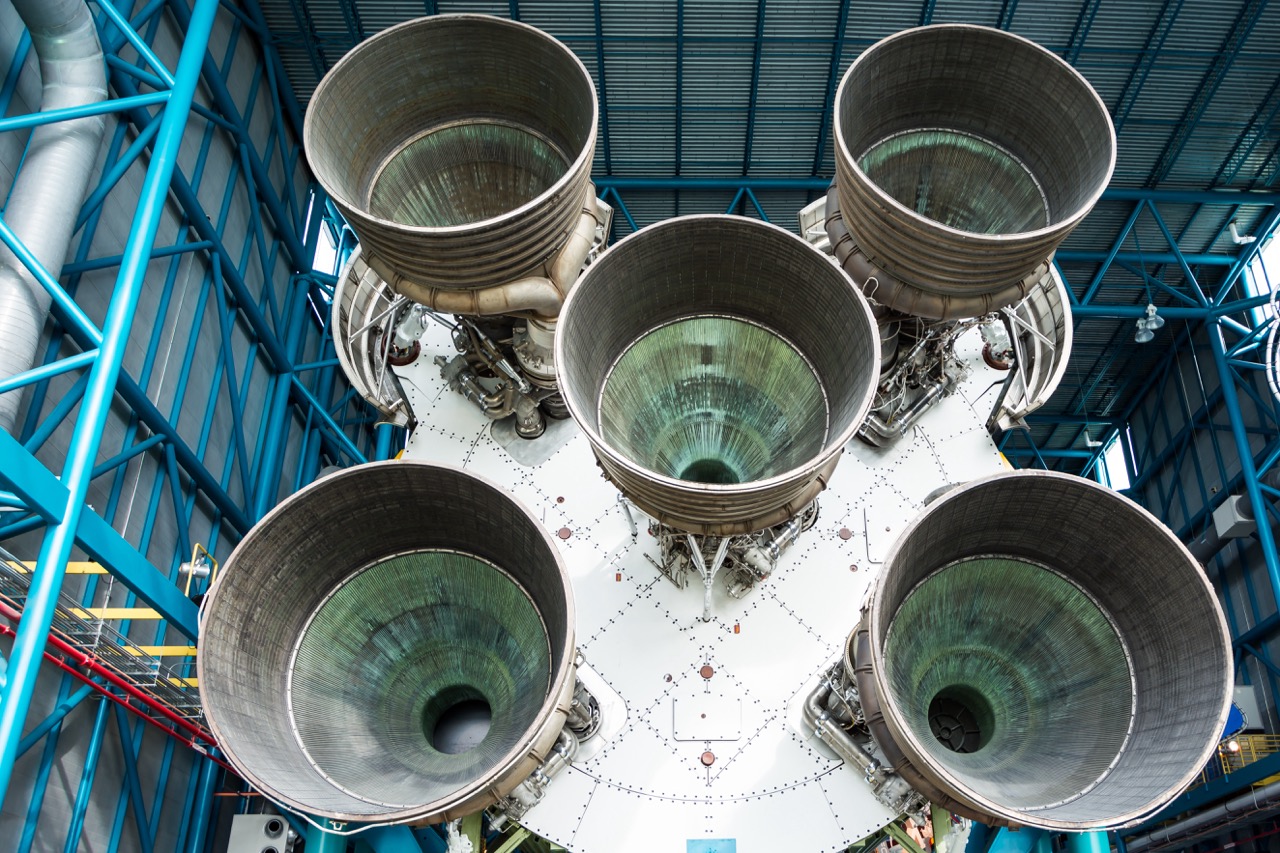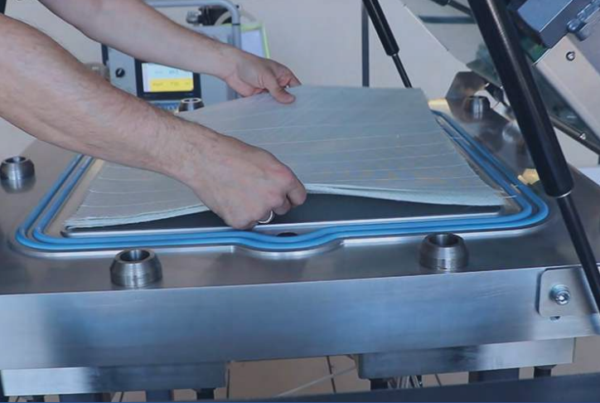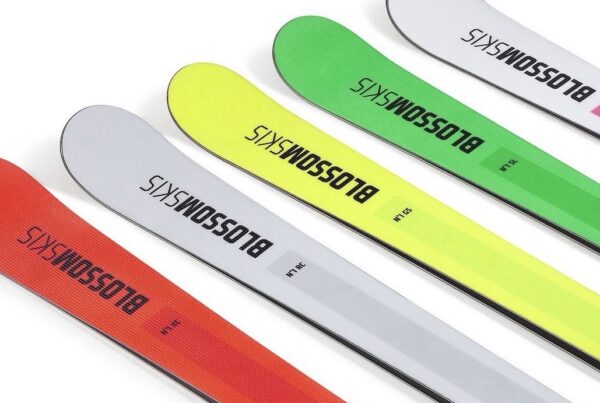Key points of the article
- In the aerospace sector, it is essential to use lightweight materials that are flame-retardant and stable at extreme temperatures. Araldite thermosetting resins meet these requirements with high performance and out-of-autoclave processability.
- The benzoxazine formulations offer high rigidity and dimensional stability, while single-component adhesives ensure quick assemblies that are secure and fatigue-resistant, resistant to impacts and moisture.
- Huntsman materials used in the defense sector offer high mechanical and chemical resistance. The reinforced resins and polyurethane systems improve operational durability even in extreme conditions.
- All products comply with stringent regulations such as FAR 25.853, MIL-SPEC and RoHS, validated by OEMs like Boeing and Airbus to ensure quality, traceability and safety.
- Thanks to our industry experience, we support customers in selecting the best materials for aerospace and defense applications, providing customized solutions and qualified technical assistance.
The aerospace and defense sector requires materials capable of withstanding strong thermal, mechanical and environmental stresses. Aircraft manufacturers, from large OEMs like Boeing and Airbus to light aviation and drone manufacturers, rely on increasingly advanced formulations to reduce aircraft weight, improve structural efficiency and simplify production and repair processes.
One of the main objectives is to increase assembly efficiency and reduce maintenance costs while maintaining excellent performance throughout the component’s lifecycle.
In this context, thermosetting resins, particularly Araldite products based on benzoxazine or epoxy, are widely used for interior panels, bulkheads, secondary structures and reinforcements.
The Value of Advanced Materials in Aerospace
The aerospace sector is historically one of the most demanding in terms of material performance. Manufacturers of aircraft, helicopters and drones require solutions that are lightweight, flame-retardant, moisture-resistant and capable of maintaining mechanical stability at extreme temperatures.
Main objectives include:
- reduction of structural weight;
- Regulatory compliance (such as FAR 25.853);
- optimization of maintenance costs;
- increase in component service life.
In this scenario, Huntsman thermosetting resins stand out for their versatility, reliability and ease of processing even in out-of-autoclave processes.

Solutions for the Aerospace Sector
The Araldite range, offered by Mascherpa, includes advanced thermosetting resins and structural adhesives optimized for the aerospace sector, with technical characteristics that exceed the performance of traditional systems.
High-Performance Benzoxazine Resins
Benzoxazine resins offer an ideal combination of rigidity, lightness and chemical resistance. Compared to classic epoxy resins, they feature up to flexural modulus higher 50%, lower polymerization shrinkage, better performance in hot-wet environments and greater dimensional stability.
Among the highest-performing products are:
- Araldite MT 35610: excellent for primary and secondary structures, with high Tg, good electrical resistance and minimal volatile emissions.
- Araldite MT 35710 FST: developed to meet FST requirements (Flame, Smoke, Toxicity), complies with FAR 25.853 and is particularly suitable for cabin interiors.
- Araldite MT 35910: perfect for hot/wet applications and out-of-autoclave molding.
Single-Component Structural Adhesives
Ready-to-use solutions, requiring no mixing, designed for quick and secure assemblies. The single-component structural adhesives offer:
- high adhesion to metals and composites;
- good resistance to fatigue and impacts;
- reliable performance in critical environments.
TPU Laminates and Films for Laminated Glass
Used to increase impact resistance and durability of windows and transparent aircraft covers, with an excellent combination of lightness and flexibility.
Materials for the Defense Sector
In the defense sector, durability, resistance to aggressive agents and stability in extreme conditions are fundamental requirements. Materials must withstand impacts, high mechanical stress and prolonged exposure to chemical agents or hostile environments.
Applications range from armored vehicles to drones and satellites and military electronic devices. The various types of thermosetting resin contribute to:
- minimizing downtime;
- reducing field maintenance costs;
- increasing operational performance;
- ensuring compliance with international military standards.
Reinforced Thermosetting Resins for Lightweight Structures
- Used in the manufacturing of parts for armored vehicles and military aerospace systems.
- Offer resistance to moisture, impacts and chemicals.
- Ideal for out-of-autoclave molding.
Polyurethane Systems for Military Footwear
- Ensure comfort, durability and resistance even in extreme operational environments.
- Designed to meet NATO and MIL-SPEC technical specifications.
Structural Adhesives for Field Repairs
- Fast and strong formulations that enable lasting repairs in operational situations.
- Compatibility with composites, metals and plastics.
Certifications and Reference Standards
The Huntsman products we supply are designed and tested to meet the most stringent industry regulations. Key certifications and specifications include:
- FAR 25.853: flammability, smoke and toxicity for aircraft interiors.
- UL 94 V-0 / V-1: flame resistance of plastic materials.
- MIL-SPEC: US military standards for materials and processes.
- RoHS and REACH compliant: compliance with European regulations on hazardous chemical substances.
- Structural Repair Manuals (SRM): many Araldite products are approved for repair operations by OEMs such as Boeing, Airbus, Gulfstream, Bombardier.
- OEM Specifications (Airbus, Boeing, Bell, Goodrich, Rohr): all materials intended for the aerospace sector are qualified according to the specifications of major global manufacturers.
Compliance with these standards is essential to ensure material safety, quality, and traceability throughout the supply chain.
FAQ
What are the Main Thermosetting Resins?
The most common include epoxy resins, benzoxazines, urea, phenolic and polyurethane resins. In the aerospace sector, epoxy and benzoxazine resins stand out for their mechanical strength and thermal stability.
What is the Difference between Thermoplastic and Thermosetting Resins?
Thermoplastic resins soften with heat and can be reshaped; thermosetting resins, once cured, cannot be reshaped and offer greater resistance to heat and chemical agents.
What are Thermosetting Resins?
Thermosetting resins are polymers that, once cured through a chemical process (cross-linking), become rigid and resistant, maintaining performance even at high temperatures and in aggressive environments.
What are Thermosetting Resins Used for?
They are used for structural bonding, composite reinforcements and coatings in the most critical sectors, such as aerospace and defense, where lightness, durability and resistance to mechanical and thermal stress are required.
Trust Mascherpa Experts
If you operate in the aerospace or defense sector and are seeking more information about thermosetting resins, single-component structural adhesives, epoxy resins or benzoxazine formulations, please contact us.
Our Mascherpa experts are at your disposal to help you select the most suitable materials for your project, offering technical support and application consulting throughout the production chain.



